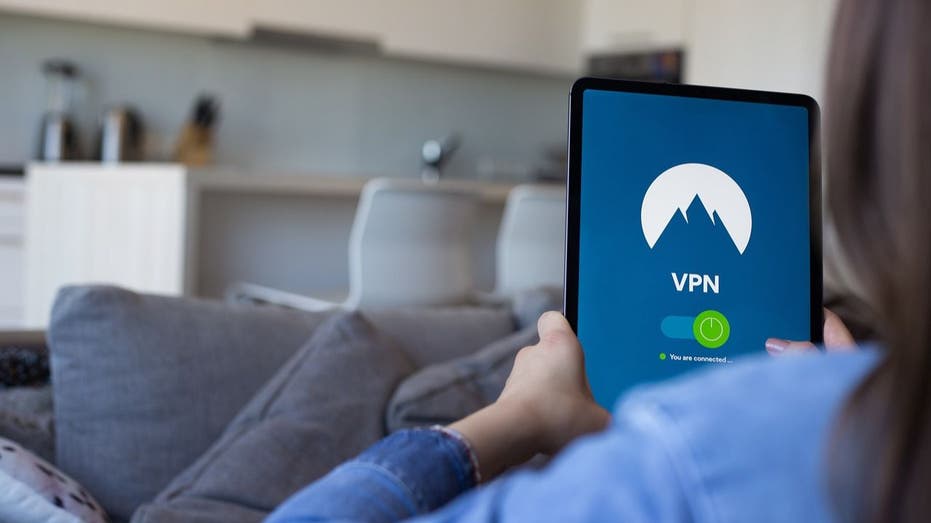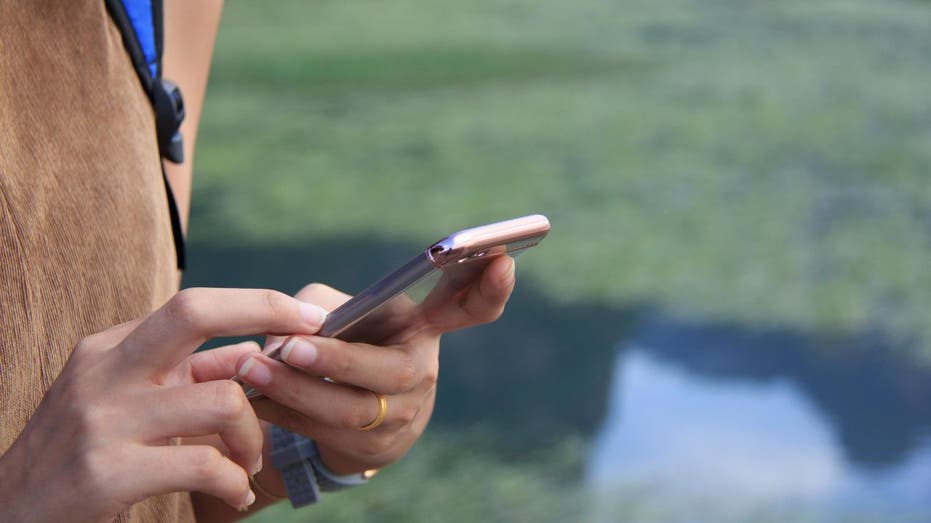- by foxnews
- 10 Mar 2025
Don't chance it. Secure your retirement accounts with a VPN and protect your future
Kurt "CyberGuy" Knutsson explains how to safeguard retirement accounts from cyber threats with a VPN: encryption, anonymity, secure access.
- by foxnews
- 27 Nov 2024
- in technology

VPNs operate through two primary mechanisms: IP address masking and data encryption. When you connect to a VPN, it hides your real IP address by assigning you a new one from their server network, effectively preventing websites and cyber criminals from tracking your location or identifying you based on your IP address.
Simultaneously, VPNs encrypt all data transmitted between your device and the internet, rendering it unreadable to anyone who might attempt to intercept it. This encryption process ensures that sensitive information, such as credit card details, remains confidential throughout your online activities. By combining these two powerful features, VPNs create a secure tunnel for your internet traffic, significantly enhancing your online privacy and security.
When you access your retirement accounts online, especially through public Wi-Fi networks, you're potentially exposing sensitive financial information to cybercriminals. These hackers can intercept your data, steal your login credentials and potentially drain your accounts. What's more concerning is that retirement accounts are often less frequently monitored than regular bank accounts, making them an attractive target for cybercriminals.
By creating an encrypted tunnel for your internet traffic, a VPN makes it extremely difficult for hackers to intercept your sensitive data. Here's a deeper look at why VPNs are indispensable for safeguarding your retirement accounts:
VPNs employ military-grade encryption protocols, such as AES-256, to scramble your data. This means that even if a cybercriminal manages to intercept your information, it would appear as an indecipherable jumble of characters. For your retirement accounts, this translates to an extra layer of security for your login credentials, account numbers and financial transactions.
By masking your IP address and replacing it with one from their servers, VPNs make it significantly harder for malicious actors to track your online activities. This anonymity is crucial when accessing financial accounts, as it prevents cybercriminals from identifying you as a high-value target based on your browsing habits or the financial institutions you visit online.
VPNs are excellent safeguards against man-in-the-middle attacks, where hackers position themselves between you and the website you're trying to access. By encrypting your data from end to end, VPNs make it nearly impossible for attackers to insert themselves into your connection and steal your information.
If you're traveling abroad and need to access your U.S.-based retirement accounts, some financial institutions may block access from foreign IP addresses. A VPN allows you to connect through a U.S.-based server, ensuring you can manage your accounts securely from anywhere in the world.
To ensure the security of your retirement accounts, follow these steps:
2) Always use VPN on public Wi-Fi: Never access financial accounts on public networks without activating your VPN first.
5) Regularly monitor your accounts: Check your retirement accounts frequently for any suspicious activity.
Securing your retirement accounts is not just about protecting your current savings; it's about safeguarding your future. By implementing a VPN and following best security practices, you're taking proactive steps to ensure that the nest egg you've worked so hard to build remains safe and secure. Remember, the small investment in a quality VPN service is negligible compared to the potential losses from a compromised retirement account.
Follow Kurt on his social channels:
Answers to the most asked CyberGuy questions:
New from Kurt:
Copyright 2024 CyberGuy.com. All rights reserved.
- by foxnews
- descember 09, 2016
Ancient structure used for cult 'rituals' discovered by archaeologists
A Neolithic Timber Circle was discovered by archeologists in Denmark resembling the historical landmark Stonehenge in the U.K. It is open to be viewed by the public.
read more





